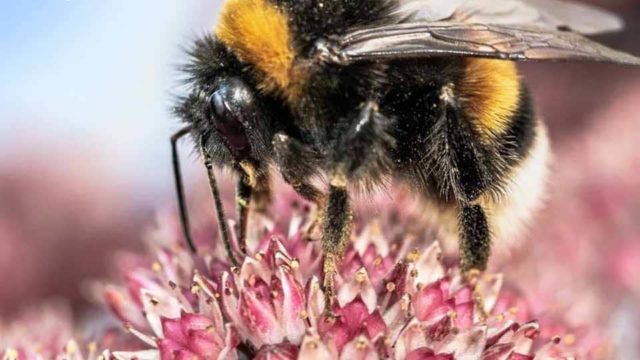In August 2013, Ecojustice lawyers filed a lawsuit challenging the Government of Canada’s refusal to protect Canadians from harmful pesticides already banned for use in other countries.
The case, Équiterre v. Canada (Health), filed on behalf of Équiterre and the David Suzuki Foundation, alleged that the Minister of Health and the Pest Management Regulatory Agency (PMRA) acted unlawfully when they refused to review the approval of pest-control products containing three pesticide ingredients: chlorthal-dimethyl, trifluralin and trichlorfon.
Although these pesticides are already banned in Europe because of concerns over their impact on the environment and human health, they continue to be approved for use in Canada. The lawsuit also challenged the PMRA’s unreasonable delay in initiating other legally required special reviews. Our clients had first requested these special reviews in October 2012, for 26 other harmful pesticides ingredients found in hundreds of pesticide products, several of which are suspected to cause cancer.
Under the Pest Control Products Act, when another Organisation for Economic Co-operation and Development member country bans an active pesticide ingredient for health or environmental reasons, the Minister of Health is required to initiate a special review of all registered pest control products containing that active ingredient. The Minister must then evaluate these pesticide products and decide whether to continue approving the products for use in Canada.
The court agreed that special reviews triggered by bans in other OECD countries are obligatory and the PRMA is required to carry out these reviews.




